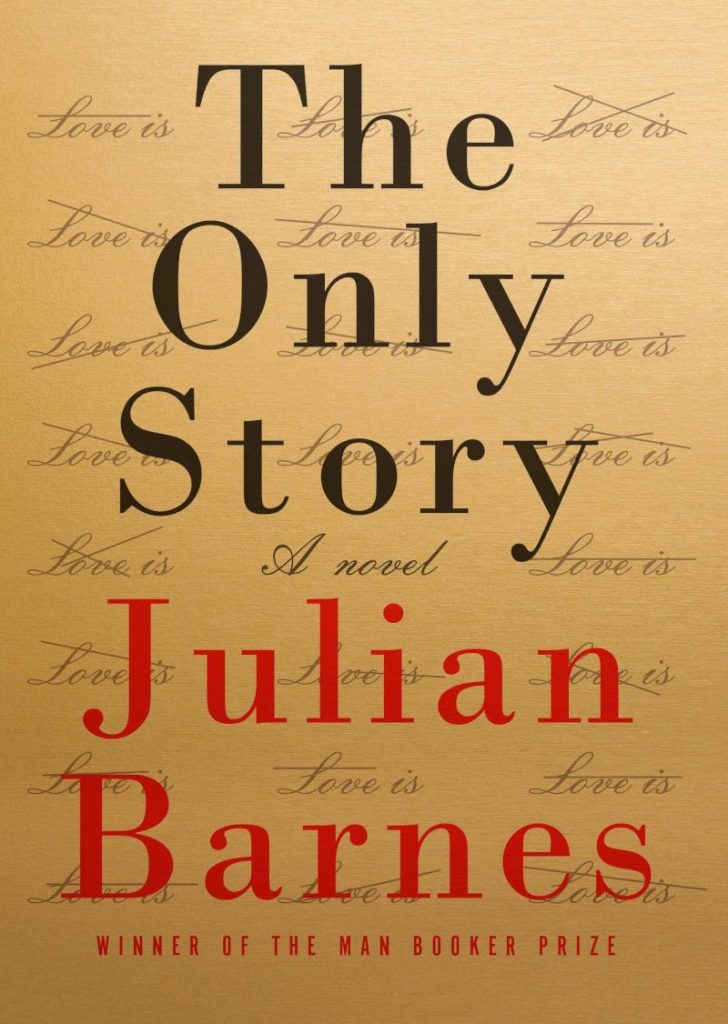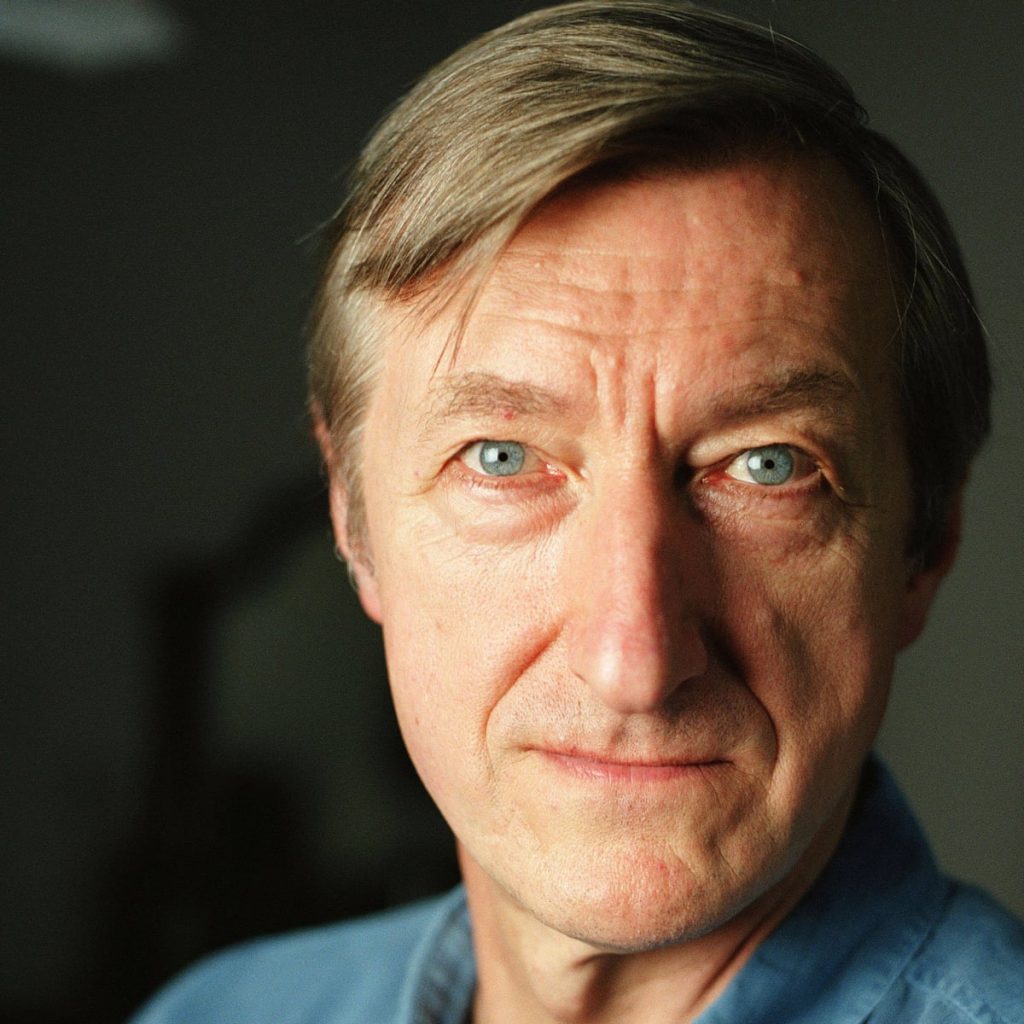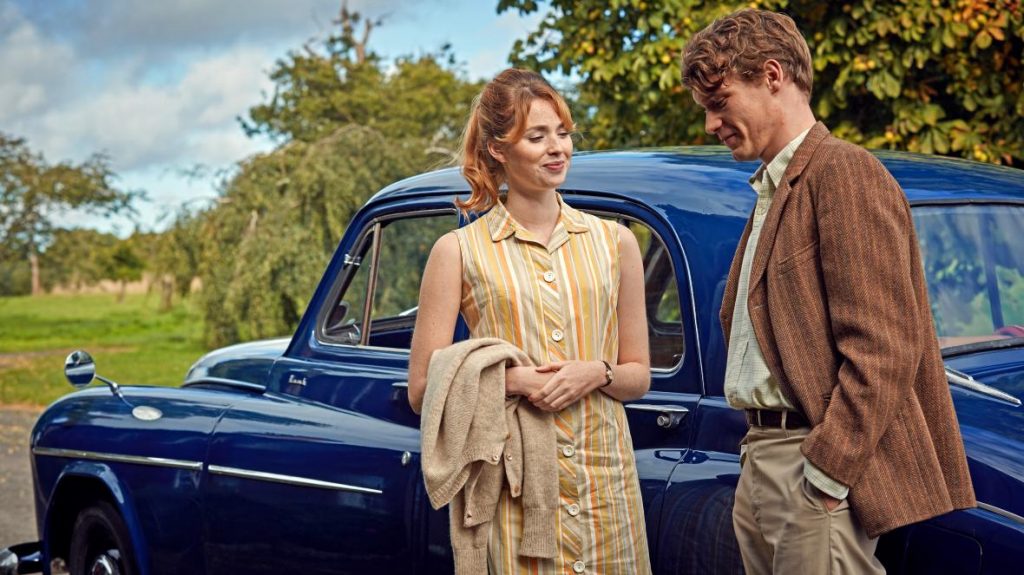The Only Story, Julian Barnes, UK, 2018

Many, hearing of a relationship between a man of twenty and a woman of fifty, would raise their combined eyebrow and, citing moral, ethical or even cultural reasons, would most probably denounce the relationship. However, should the relationship be between a man of fifty and a woman of twenty, there would be a few who may question the prudence behind such a liaison, but there would be little, if no, condemnation. One can wonder why such a disparity should exist.
Paul, nineteen, meets Mrs Susan Macleod, forty-eight, at a tennis club. It is the nineteen sixties, and the world is teetering on the edge of its barricade of rules and regulations defining relationships, while preparing to fall into a space where such rules no longer exist, and where relationships are defined by individual desire and not by society’s dictates.
In spite of the fact that Mrs Susan Macleod is married to Gordon and has two grown daughters, Martha and Clara, who are actually older than Paul, Susan and Paul begin a relationship. In many ways, they are both naïve: Susan may have more life experience, but while she is Paul’s first love, she has only ever known (in the Biblical sense) Gordon Macleod – a man she has never loved and with whom all sexual communication ceased many years ago.

The Only Story is a love story. As Barnes writes at the beginning of the book: ‘Would you rather love the more, and suffer the more; or love the less, and suffer the less? That is, I think, finally, the only question.’
Paul chooses to love the more, and as a result his suffering is the greater. He never ceases to love Susan, not even when she begins to descend into alcoholism. As she becomes more and more difficult to love, he continues to love her, and when he finally leaves her he does so only in order to save himself. She remains his one and only love.
By a complete coincidence, I read The Only Story directly after reading Douglas Stuart’s Shuggie Bain. The two books are completely different in every way but one: they are both centred on two main characters, tied together by love, where one of the characters is an alcoholic. In Shuggie Bain it is Shuggie’s love for his alcoholic mother; in The Only Story it is Paul’s love for Susan. Like Shuggie, Paul initially believes that everything will right itself, but as Susan becomes more and more ensnared in the horrors of alcoholism and madness he knows that he must save himself. At the end of his life, he looks back, wondering if it ‘was an act of courage, or of cowardice?’.

Somewhere, at the very beginning of their relationship, Paul is deriding a mutual friend (who lives on her own with a number of dogs), as a loser when it comes to love, and Susan replies, saying that everyone has their love story, even if proves to be a fiasco, even if it never really works out. It is still real, she says, ‘it is the only story.’.
This is a beautiful book – sad, but beautiful; beautifully written and astutely observant. Definitely recommended.